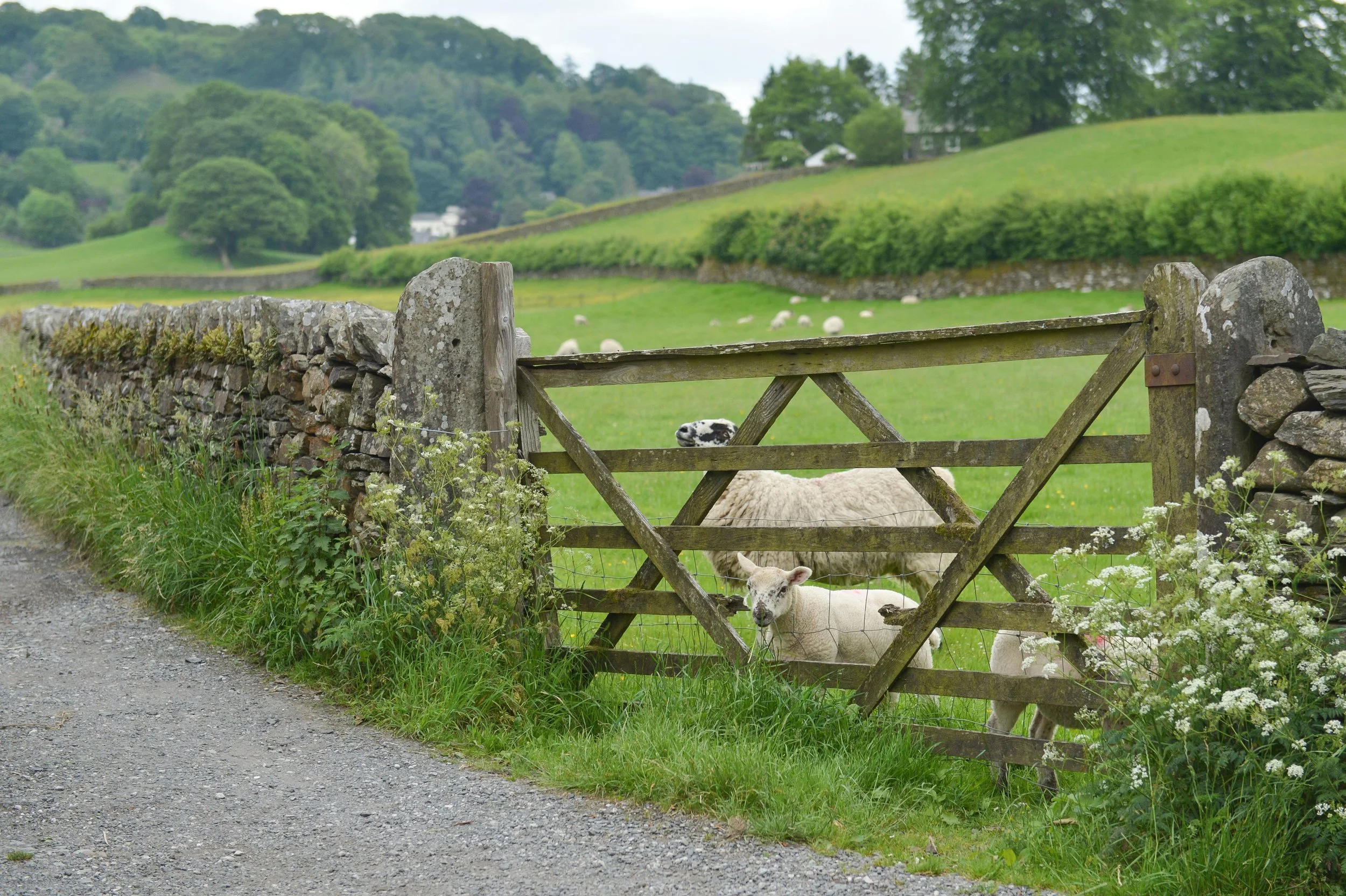Narrative Lectionary Key Verse for Today
“Jesus, looking at him, loved him and said, ‘You lack one thing; go, sell what you own, and give the money to the poor, and you will have treasure in heaven; then come, follow me.’ When he heard this, he was shocked and went away grieving, for he had many possessions.”
NL Daily Devotion for Sunday, February 18, 2024
by Madison Johnston, Clergy Stuff
Main Idea: Jesus will do anything and everything to help us turn our focus from what we have to what we don’t—and from what we’ve done to what we could still do.
Back-to-back in this story from Mark 10, two different people assert to Jesus that they are at capacity—that they are doing the most they can possibly do and sacrificing the most they can possibly sacrifice to ensure their eventual salvation.
The first is the wealthy man, who handles the interaction rather gently. He asks Jesus what he can do to inherit eternal life, almost certainly assuming Jesus would answer by saying, “You’re already doing everything you need to. Well done!” Clearly, this man was craving some public praise. Instead, Jesus gives him a twofold imperative to sell everything he owns and then to follow Jesus.
The second man is Peter, who is more explicit and more defensive in posture after listening to what happened between Jesus and the wealthy man. “Look,” Peter tells Jesus. “We disciples have already done that. We’ve left everything and followed you.” Again, Jesus responds in a surprising and slightly unnerving way, essentially saying, “Well, if that is true, then you will receive your just reward.”
In both cases, Jesus plants seeds of doubt, not for the sake of trolling his followers, but for the sake of disorienting them and challenging them to set their expectations of themselves differently—in more subversive ways, maybe.
What the Spirit wants us to hear today is that if no one is good but God alone, then no one is the benchmark of good but God alone. Often, we are tempted to define “goodness” by what we have and what we do—in this case, Jesus calls us to define goodness as belonging to God, and to focus on what God has for us yet and what God is saying we have left to do. Because there will always be something!
In Jesus, the question of goodness is not a question of amount. In calling the wealthy man and Peter to look beyond their preset assumptions, Jesus was not trying to diminish or discredit the work they were actively doing in the name of the Gospel. In Jesus, the question of goodness is a question of centering. If we think that goodness somehow lies with us—with what we have and what we do—we will become stagnant and limited in our thinking. As a result, our impact on the world and our participation in kingdom-building will be limited, too. On the other hand, if we know that goodness is something we steward, and not something achievable by or inherent to us, we will stay rooted in God and seek to follow God all the days of our lives—centered in the possibility of the things we don’t have, and the mystery of the things we haven’t done yet.





